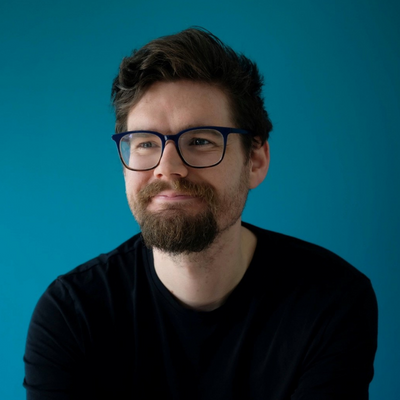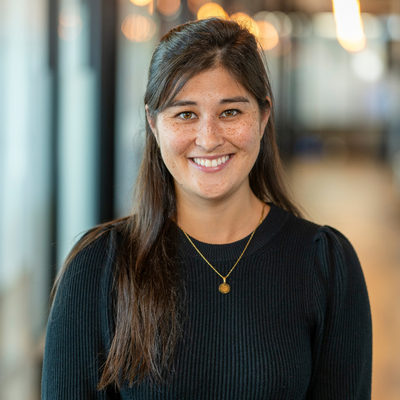- News
- Project LEO - An inside view
In a project as ambitious and wide-reaching as LEO, it’s important that a range of external partners as well as core staff members all work together to ensure all the moving parts of the complex project and trials are working together.
We wanted to find out a bit more about what some of the team who have been immersed in Project LEO think about the project, their roles within it and what they have learned from their experiences in being part of something groundbreaking!
Rory Brown is Stakeholder Engagement Manager for Oxfordshire Projects at Scottish and Southern Electricity Networks. On Project LEO, SSEN is testing multiple aspects of the Distribution System Operation model to balance local supply and demand.

Based in Scotland, Rory’s role in project LEO is to support all the project partners with any of their community engagement activities, learning workshops and any communications they create. In Rory’s words:
“I’m responsible for making sure our messages are clear, concise, and understood by a wider audience who might not know anything about energy (flexibility or otherwise).”
We asked Rory about his experiences working on Project LEO, what excites and inspires him and how he’d describe the project to an external audience.
What’s the most interesting thing you learned while working on LEO?
“As someone who didn’t know much about energy before working on Project LEO, I find the idea of local green energy being produced locally and being sold locally fascinating. I’d never considered that the cables that come to our house could have a 2-way process like this.”
What’s the best part of your job working on LEO?
“I’ve really enjoyed hearing partners reflect on just how much they’ve achieved since the project started and being involved in the process of taking those achievements and turning them into learnings for anyone else interested in doing similar work across the UK. It’s often not obvious to people as they work day to day just how big the strides they’re making are, and this process of reflection and seeing how big large the impact they’ve made is the best.”
What excites you about the future of the project?
“I’m really excited to see how flexible energy markets will look in years to come. I love the idea of houses and communities with solar being able to sell their excess energy locally to others who need it. Bringing energy to a local level and seeing individuals being empowered to engage with it. This might not be what the future turns into, but Project LEO has made important first steps, and I think those are often the hardest.”
If you had to describe Project LEO to someone external in 1 sentence, what would you say?
“Working with communities to build (and learn about) an energy system that is greener, more flexible and benefits locals.”
We also asked Kelsey Devine about her experience working as a Project LEO partner.
Kelsey is a project Manager for Piclo – a market platform being used in LEO. Piclo is the provider of Piclo Flex – an independent marketplace for trading energy flexibility online and it is a key element in the SSEN Transition trials as well as in Project LEO testing how digital platforms can support flexible energy trading.

What’s the most interesting thing you learned while working on LEO?
“It was really interesting to watch the development of APIs and see how different platforms could interact using them.”
What’s the best part of your job working on LEO?
“The consortium of partners we have got to work with is really diverse and everyone brings so much expertise in different areas to the project.”
What excites you about the future of the project?
“In all honestly I have been working on this project for 4 years, and I’m looking forward to seeing it over the finish line while knowing that its successes of it will carry on and help to shape the future of local energy markets not just in the UK but worldwide.”
If you had to describe Project LEO to someone external in 1 sentence, what would you say?
“Project LEO is breaking down the barriers for grid-edge flexibility and shaping the evolution of local energy systems.”
We are asking more team members and key staff from our partner organisations about their thoughts on being part of the LEO Project and we’ll keep sharing these as we get them! It’s fantastic to hear the viewpoints of people in all different parts of the project.
Publication date;
13th February 2023